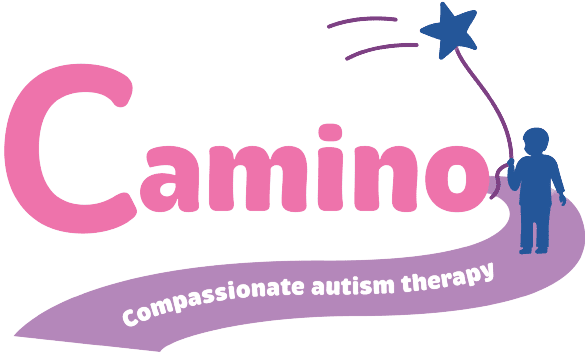Developing social skills for kids with autism is a key component of comprehensive autism treatment plans. These skills are essential for their personal growth and independence. Social skills such as starting conversations, showing empathy, listening, and understanding nonverbal communication are critical for effective interactions. Through Applied Behavior Analysis (ABA) therapy, Camino provides tailored strategies to enhance social skills for kids with autism, helping them build meaningful connections with others.
Why Social Interaction Activities for Children With Autism Are Important
Social interaction activities for children with autism are crucial because they offer structured opportunities to practice vital skills. These activities teach children how to interpret social cues, understand others’ intentions, and respond appropriately in different situations. For many children with autism, social interactions can feel overwhelming. However, with the right support, they can gain confidence and improve their communication abilities.
At Camino, we integrate social interaction activities into our therapy sessions to address the specific challenges children with autism face. Role-playing, parallel play, and interactive games are just a few examples of the activities we use to help children practice real-world scenarios. These activities teach children how to initiate conversations, take turns, and engage with peers. By mastering these foundational skills, children are better equipped for long-term success in social settings.
Understanding Social Skills Development by Age
Social skills development by age can vary significantly, particularly for children with autism. Recognizing these developmental milestones is essential for creating effective interventions. For younger children, therapy often focuses on basic skills like making eye contact, sharing toys, or responding to their name. As children grow, the emphasis shifts to more complex abilities such as interpreting nonverbal cues, building friendships, and resolving conflicts.
At Camino, we evaluate each child’s social skills development by age to design personalized treatment plans. Evidence-based assessments help us pinpoint areas of strength and those needing improvement. For instance, a preschooler might work on parallel play and simple greetings, while an older child might focus on participating in group activities or mastering conversational turn-taking. By targeting age-appropriate goals, we ensure therapy is both impactful and relevant to each child’s needs.
Supporting Children With Autism in Social Interactions
Supporting children with autism in social interactions requires patience, consistency, and a tailored approach. ABA therapy at Camino provides the framework necessary for early intervention to teach and reinforce positive behaviors. A cornerstone of our approach involves prompting and reinforcing.
Prompting provides guidance, such as verbal cues or physical assistance, to help children perform desired behaviors, which are gradually faded to encourage independence. Reinforcing involves rewarding successful attempts with praise or preferred activities, strengthening the behavior, and increasing the likelihood of it occurring naturally over time.
We also collaborate closely with parents through family training sessions, empowering them to reinforce these skills at home. For example, parents might practice turn-taking during playtime or encourage their child to greet relatives. This teamwork between therapists and families ensures consistency, helping children generalize their skills across different environments.
Which Social Activities Could Help Children With Autism With Social Skills?
Social activities for children with autism should be engaging, structured, and aligned with their abilities. At Camino, we use a variety of activities to foster social skill development, including:
- Role-Playing: Practicing scenarios such as introducing themselves, joining group activities, or sharing toys.
- Parallel Play: Encouraging children to play alongside peers before progressing to interactive play.
- Interactive Games: Teaching turn-taking, sportsmanship, and handling loss through board games or group activities.
- Group Activities: Organizing group projects or playdates to enhance cooperation and communication skills.
These activities not only help children develop social skills but also boost their confidence and reduce anxiety in social situations. By engaging in these structured activities, children learn to navigate social interactions with greater ease and independence.
At Camino, we are dedicated to empowering children with autism through individualized ABA therapy that focuses on developing meaningful social skills. Our evidence-based methods ensure that every child receives the support they need to thrive.
If you’d like to learn more about how we can support your child, contact us today for a consultation. Discover how social skills for kids with autism can transform their ability to connect with the world, one interaction at a time!

